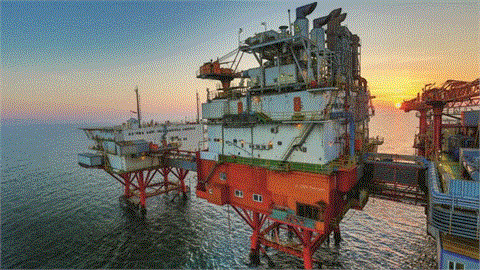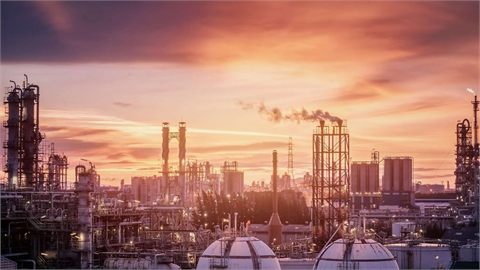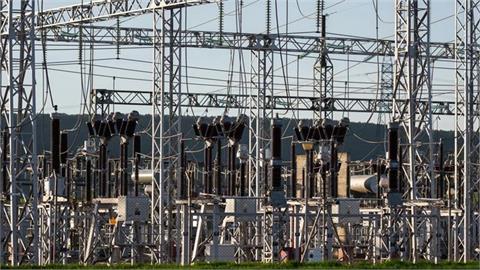China’s decision to restrict critical mineral exports will hit key sectors in the European Union’s effort to decarbonize its economy, and demonstrates the limits of western aspirations to shift supply chains beyond the reach of policymakers in Beijing.
China is the largest global producer of the two minerals, gallium and germanium, which will be subject to export restrictions next month and that are crucial to the semiconductor, telecommunications and electric-vehicle industries. The EU gets 71% of its gallium from China and 45% of its germanium.
The move comes weeks after the EU unveiled a new economic security strategy, which seeks oversight of critical technology exports and may curb outbound investments in the name of national security. The proposal is part of a growing push within the bloc to strengthen security tools as countries such as China and Russia increasingly use trade and the control of critical supply lines to advance political and even military goals.
“China’s action is a stark reminder of who has the upper hand in this game,” Simone Tagliapietra, a researcher at the Bruegel think-tank in Brussels, said in an interview. “The harsh reality is that the west will need at least a decade to de-risk from China’s minerals supply chains, so this really is an asymmetric dependency.”
The EU was taught a difficult lesson when Russia invaded Ukraine last year, triggering surging inflation and fears that entire industries might collapse as the bloc rushed to source new supplies of oil and gas. The bloc’s member states were torn over how to respond to Moscow, with some countries overly reliant on cheap Russian crude and gas.
The same dynamic is also playing out with the EU’s policy on China, with certain nations unwilling to put their trade relationship with the world’s second-largest economy at risk.
(for further reading, visit Bloomberg, July 4, 2023)



